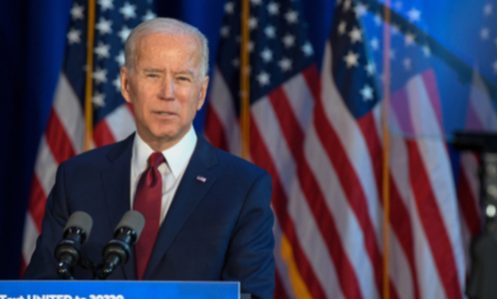By John Cassidy, New Yorker
In 2018, Tim Wu, a Columbia law professor, published a book arguing that giant corporate monopolies represented not merely an economic burden on the American economy but a serious threat to democracy. The Gilded Age of a century ago showed how “extreme economic concentration yields gross inequality and material suffering, feeding an appetite for nationalist and extremist leadership,” Wu wrote, in “The Curse of Bigness.” “If we learned one thing from the Gilded Age, it should have been this: The road to fascism and dictatorship is paved with failures of economic policy to serve the needs of the general public.”
Last Friday, I spoke by telephone with Wu, who is now serving as an adviser to President Joe Biden. He had just attended a White House event at which Biden had signed an executive order intended to promote competition throughout the economy. The goal of the order was “to lower prices, increase wages, and to take another critical step toward an economy that works for everybody,” Biden said at the ceremony. He added, “No more tolerance for abusive actions by monopolies. No more bad mergers that lead to mass layoffs, higher prices, fewer options for workers and consumers alike.”
Since joining the Administration, at the start of March, Wu has been working full time on the order, which is lengthy and detailed. “There is an intellectual revolution here, which the President has embraced,” Wu told me. “Part of that effort is to bring back antitrust as a popular movement, rather than as an abstract academic thing. I think we went through a long period in which it became more remote and abstract. But, as the President said, ultimately this is about creating an economy that works for everyone.”

